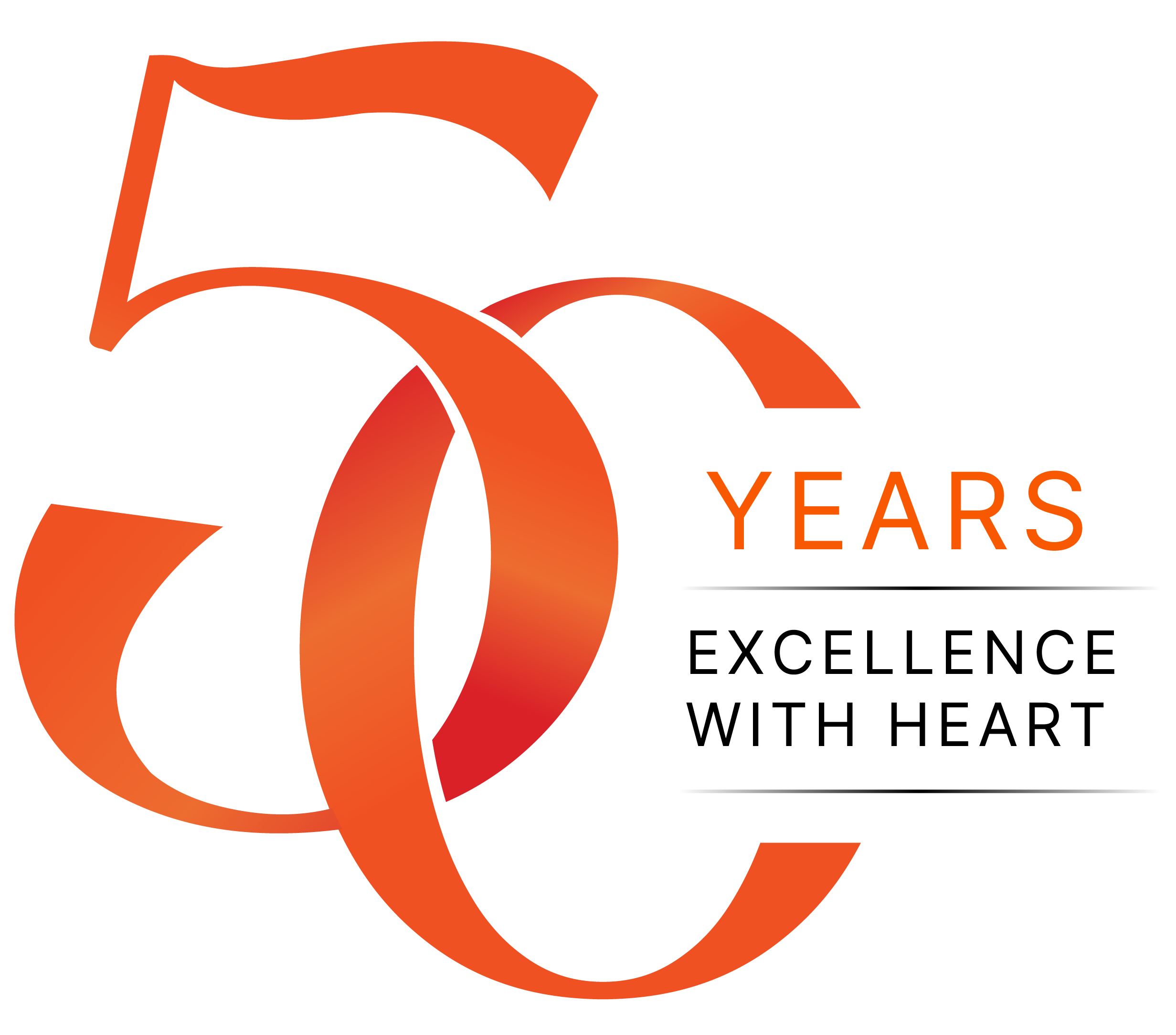The Ministry of Law (“MinLaw”) has issued its response to feedback received from its earlier public consultation on the new framework for remote witnessing and electronic signing of statutory declarations, indicating that it will be proceeding with the proposed framework. Further details and guidance will be provided in Manuals for service providers.
By way of background, the public consultation was held from 5 July 2024 to 2 August 2024, proposing specific requirements that should govern the remote witness and electronic signing process for statutory declarations. This followed from Parliament passing the Oaths, Declarations and Notarisations (Remote Methods) Act 2023 to, among other things, provide individuals, businesses, and service providers who are executing statutory declarations, with the option of remote witnessing (in place of an in-person meeting) and electronic signing (in place of wet-ink signing).
The key elements of MinLaw’s response to the feedback received includes the following:
- Remote witnessing: MinLaw has indicated that it will work closely with the Singapore Academy of Law (“SAL“) to address concerns such as: (i) the need for safeguards to address potential risks of fraud or undue influence and to ensure the integrity of the documents; and (ii) issues that service providers might face, such as lack of familiarity with technology, potential administrative burden, and the need for proper record-keeping. SAL will update the Manuals applicable to the various service providers, which will provide guidance on record-keeping and on how to verify the identity and location of the declarant. MinLaw will also provide a sample jurat for use during remote witnessing.
- Electronic signing: MinLaw has stated that it will adopt the “hybrid” approach, under which: (i) declarants may sign the statutory declaration using any electronic signature, including an ordinary electronic signature or a secure electronic signature, but will be encouraged to use “Sign with Singpass”; and (ii) the service provider administering the statutory declaration must use “Sign with Singpass”. MinLaw has assessed that the approach has little risk of fraud and document tampering, and will allow declarants without Singpass accounts, as well as those who are less technologically savvy, to sign the document.
- Overarching duty to exercise care, skill and diligence: MinLaw has highlighted that service providers are bound by an overarching duty to exercise due care, skill and diligence. This duty will be reinforced in the respective Manuals that are published by SAL to help service providers mitigate potential risks. Should service providers have doubts as to the authenticity of the document, suspect potential fraud, or assess that remote witnessing would not be suitable, they should not perform the remote witnessing.
MinLaw and SAL will continue to monitor the implementation of the new framework to ensure that safeguards are appropriate and kept up-to-date.
Click on the following links for more information:
- MinLaw Press Release titled “Response to Public Feedback on Remote Witnessing and Electronic Signing of Statutory Declarations” (available on the MinLaw website at minlaw.gov.sg)
- Full Summary of Response (available on the REACH website at reach.gov.sg)
Disclaimer
Rajah & Tann Asia is a network of member firms with local legal practices in Cambodia, Indonesia, Lao PDR, Malaysia, Myanmar, the Philippines, Singapore, Thailand and Vietnam. Our Asian network also includes our regional office in China as well as regional desks focused on Brunei, Japan and South Asia. Member firms are independently constituted and regulated in accordance with relevant local requirements.
The contents of this publication are owned by Rajah & Tann Asia together with each of its member firms and are subject to all relevant protection (including but not limited to copyright protection) under the laws of each of the countries where the member firm operates and, through international treaties, other countries. No part of this publication may be reproduced, licensed, sold, published, transmitted, modified, adapted, publicly displayed, broadcast (including storage in any medium by electronic means whether or not transiently for any purpose save as permitted herein) without the prior written permission of Rajah & Tann Asia or its respective member firms.
Please note also that whilst the information in this publication is correct to the best of our knowledge and belief at the time of writing, it is only intended to provide a general guide to the subject matter and should not be treated as legal advice or a substitute for specific professional advice for any particular course of action as such information may not suit your specific business and operational requirements. You should seek legal advice for your specific situation. In addition, the information in this publication does not create any relationship, whether legally binding or otherwise. Rajah & Tann Asia and its member firms do not accept, and fully disclaim, responsibility for any loss or damage which may result from accessing or relying on the information in this publication.










